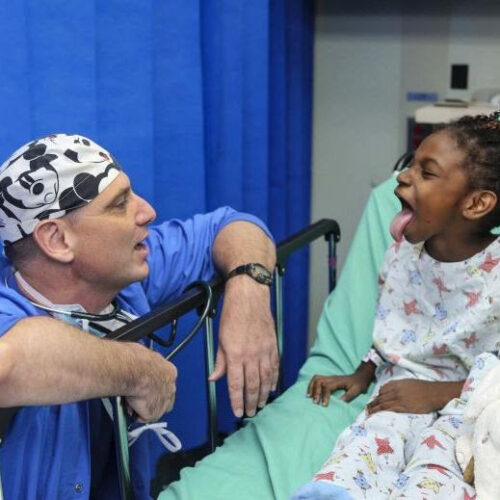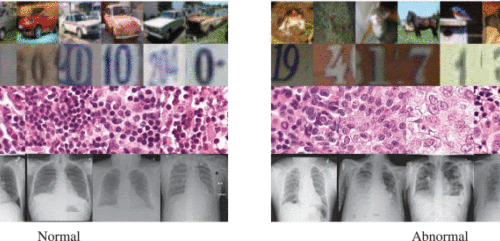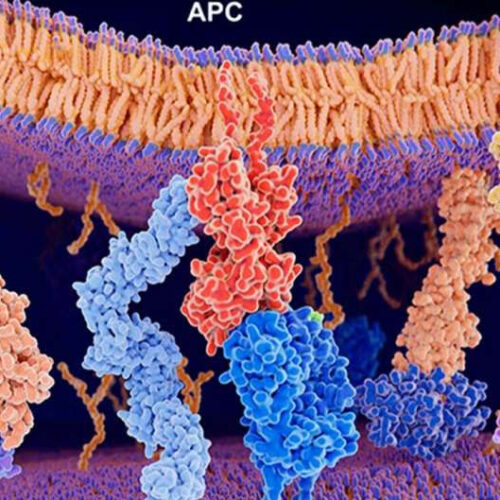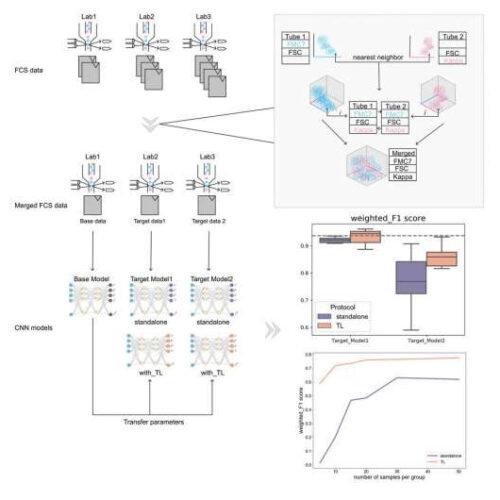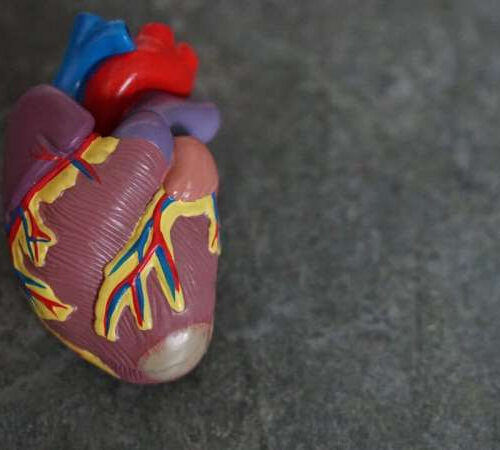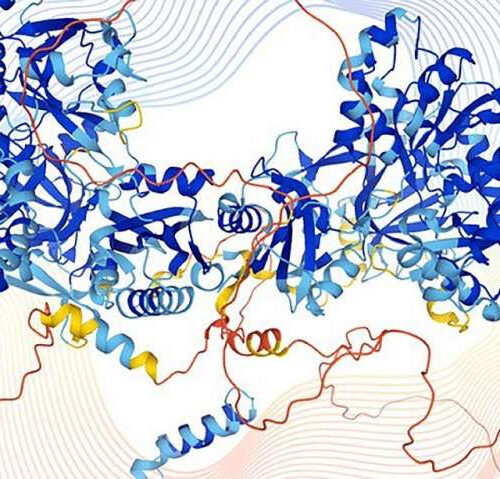NATIONAL RESEARCH COUNCIL OF SCIENCE & TECHNOLOGY IMAGE: SCHEMATIC DIAGRAM OF TRAINING AND TEST FLOW. CREDIT: KOREA INSTITUTE OF SCIENCE AND TECHNOLOGY(KIST) Transcranial focused ultrasound can be used to treat degenerative movement disorders, intractable pain, and mental disorders by delivering ultrasound energy to a specific area of the brain without opening the skull. This treatment...
Tag: <span>Artificial Intelligence</span>
New study uses artificial intelligence to detect colorectal cancer
by Tulane University Cancer — Histopathologic image of colonic carcinoid. Credit: Wikipedia/CC BY-SA 3.0 A Tulane University researcher has found that artificial intelligence can accurately detect and diagnose colorectal cancer from tissue scans as well or better than pathologists, according to a new study in the journal Nature Communications. The study, which was conducted by researchers from Tulane, Central...
How Can AI Recognize Pain and Express Empathy?
Medicinal prescription by professionals depends on not just the lab reports of the patient but also on the physical examination of the patient. The inability of AI to recognize pain and express empathy has been a significant factor of its limited use in actual real-life diagnosis. Doctor examines a patient. Image credit: Pixabay, CC0 Public...
Artificial intelligence spots anomalies in medical images
Scientists from Skoltech, Philips Research, and Goethe University Frankfurt have trained a neural network to detect anomalies in medical images to assist physicians in sifting through countless scans in search of pathologies. Reported in IEEE Access, the new method is adapted to the nature of medical imaging and is more successful in spotting abnormalities than...
Facebook building AI that sees, hears, and ‘understands’ everything we do
By Ciaran Daly The tech giant has announced plans to teach AI to ‘understand and interact with the world like we do’ in first person. It hopes to do this by using video and audio from augmented reality (AR) glasses like its new high-tech Ray-Bans. “AI typically learns from photos and videos captured in third-person, but next-generation...
AI helps rule out cancer in dense breasts
RADIOLOGICAL SOCIETY OF NORTH AMERICA IMAGE: EXAMPLES OF DEEP SHAPLEY ADDITIVE EXPLANATIONS (SHAP) OVERLAY IMAGES. MAXIMUM INTENSITY PROJECTION (MIP) IMAGES ARE ON LEFT, AND MIP IMAGES WITH THE SHAP OVERLAY ARE ON RIGHT. POSITIVE SHAP VALUES (RED) SHOW AREAS THAT CONTRIBUTE TO A HIGH PROBABILITY OF LESION PRESENCE, NEGATIVE SHAP VALUES (BLUE) SHOW LOCATIONS WITH...
Scientists develop artificial intelligence method to predict anti-cancer immunity
by UT Southwestern Medical Center Activation of T cell immune response with the interaction of MHC-II (red) with the T cell receptor (TCR, blue), and also CD4 (light blue). CD4 and MHC-II are proteins expressed by T cells and antigen-presenting cells, respectively, to aid the recognition of antigens by TCRs. Credit: UT Southwestern Medical Center....
Artificial intelligence helps diagnose leukemia
by University of Bonn Graphical abstract. Credit: DOI: 10.1016/j.patter.2021.100351 The presence of cancer of the lymphatic system is often determined by analyzing samples from the blood or bone marrow. A team led by Prof. Dr. Peter Krawitz from the University of Bonn had already shown in 2020 that artificial intelligence can help with the diagnosis of...
Artificial Intelligence approach helps identify patients with heart failure that respond to beta
by University of Birmingham Credit: Unsplash/CC0 Public Domain Researchers at the University of Birmingham have developed a new way to identify patients with heart failure who will benefit from treatment with beta-blockers. Their study involved 15,669 patients with heart failure and reduced left ventricular ejection fraction (low function of the heart’s main pumping chamber), 12,823 of which were in normal heart rhythm...
AI’s human protein database a ‘great leap’ for research
by Patrick Galey Unlike the genome—the complete sequence of human genes that encode cellular life—the human proteome is constantly changing. Scientists on Thursday unveiled the most exhaustive database yet of the proteins that form the building blocks of life, in breakthrough observers said would “fundamentally change biological research”. Every cell in every living organism is triggered to...


